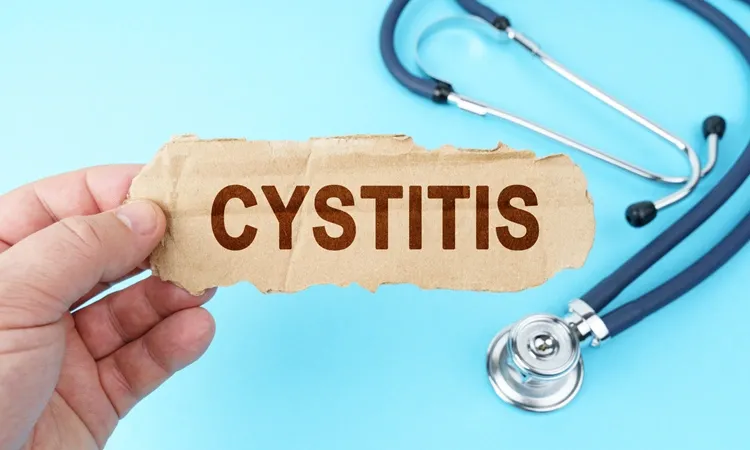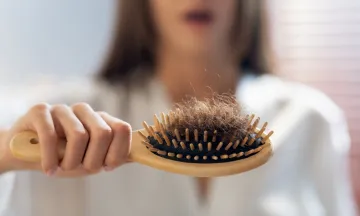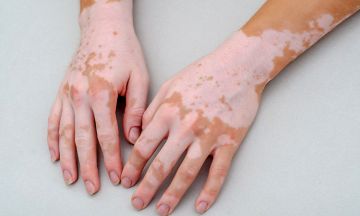Homeopathy & cystitis
Cystitis is a common malady. By way of definition, cystitis is infection of the urinary bladder, although it covers a broad range of infections in the urinary system.
Cystitis has a tendency to affect women more than men.
It often presents with burning during urination, accompanied by a frequent desire to pass urine.
Causes
- Intestinal bacteria are evidenced to be the most common cause of cystitis, especially in women. This is because women have a short urethra [the tube through which urine passes from the bladder to the outside]. Normal urine is sterile [there are no bacteria present]. It is estimated that about 20-40 per cent of women are prone to cystitis in their lifetime. It is also possible for bacteria to present in the bladder without any apparent symptoms, especially in the elderly. Inadequate emptying is another cause. Other likely causes include certain conventional medications like anti-depressants, immobility, abnormal bladder control and constipation. It would help if women dry themselves, after their every washroom visit, from front to back and, thus, avoid ‘pushing’ the bacteria from their intestine into their urethra.
- Congenital deformity in the urinary system may prevent complete emptying of the bladder. This can cause cystitis.
- People with a catheter to drain urine will have bacteria in their bladder without symptoms. When catheters are changed, small lesions [damaged areas] may appear. This may increase the likelihood of infection [cystitis] and also blood infection.
- Men with enlarged prostate may not be able to empty the bladder completely. Likewise, other conditions like prostatitis [infection in the prostate] and urethritis [infection in the urethra] may also give rise to cystitis.
- Pregnant women may have bacteria in their urine, whether they have symptoms, or no symptoms. If suitable treatment is not given, there is the risk of kidney infection and pre-term delivery.
- Honeymoon cystitis. This is cystitis in women caused due to increased frequency of sexual activity.
- Gonorrhoea and chlamydia infections may cause symptoms similar to cystitis. Cystitis-like symptoms among young sexually active men may, likewise, be caused by venereal disease; these individuals should seek immediate medical treatment.
- Parasites like schistosomiasis may cause also symptoms similar to cystitis, with no bacteria being present in the urine.
- Post-menopausal women, due to a lack of female sex hormones, may be prone to cystitis. Likewise, women using deodorants, or other potentially irritating material, on their genitals may develop cystitis-like symptoms.
Homeopathy: The safe, effective treatment for cystitis
Homeopathy is holistic medicine. Homeopathic medicines for cystitis do not treat merely the illness in isolation, but in its totality. In other words, your homeopathic doctor will prescribe a suitable homeopathic medicine for cystitis after analysing your personal set of symptoms, through two lenses. One, to perceive your complete health and illness picture; and, two, to differentiate what makes each of us unique.
Homeopathy aims to also understand the two unique features, while focusing at different levels of reactions, or responses, in the individual. This is in sharp contrast to conventional or allopathic medicine, which only looks at the individual or patient in compartments, or segments — and, not as one, unified whole.
This holistic approach, in its essence, enables the professional homeopath to determine what each individual’s symptoms signify and treat them with a suitable remedy, accordingly.
Self-help
- It is important to drink adequate water at regular intervals to flush the bladder thoroughly
- The bladder should be emptied completely
- It is a bad habit to sit on the toilet, bend forward, or read a newspaper while urinating
- Warm clothes on the lower part of the body may help prevent cystitis
- Drinking cranberry juice everyday is suggested to prevent bacteria from sticking to the walls of the bladder
- Passing urine after sex flushes out most bacteria from the urethra
- Try to urinate at least once every three hours
- Follow-up with your homeopathic doctor on a regular basis.



